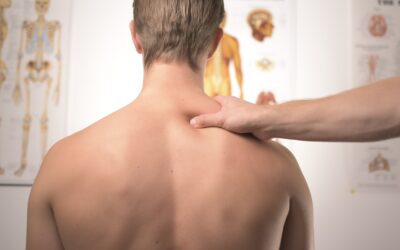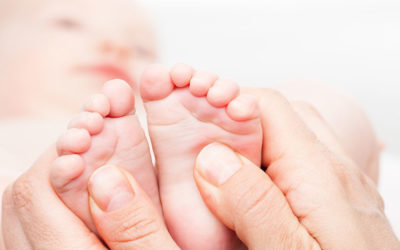TOTAL MOTION RELEASE TECHNIQUE FOR TEENS AND ADULTS
Total Motion Release (TMR) is an innovative, patient-centered approach to healing and relieving pain in Physical Therapy treatment. It can help in treating a variety of musculoskeletal dysfunctions including: weakness, pain, loss of motion in joints, and stiffness...
read moreWhat is TMR Tots?
TMR Tots is a modified version of Total Motion Release with a focus on the achievement of functional outcomes. While the greatest excitement among parents and therapists has been in finding a tearless method to effectively treat children with torticollis, the concept...
read moreHypotonia: Low Muscle Tone
Deep Pressure Foot Massage Apply firm pressure to bottom of baby’s foot to stimulate blood flow and muscle development. Full Contact Massage Using your whole hand, wrap around baby’s leg as you provide a firm grip along their full leg starting at the foot and moving...
read moreTorticollis
Football Hold Stretch Hold baby facing away from you with their head on the same side as their head tilt (Ex: left head tilt, hold baby with head on left side and feet on right side). Place one arm on baby’s neck between their head and shoulder and one hand between...
read moreDevelopmental Milestones
Head Lift on Stomach (2-3 months) Tummy time is a great way to encourage this milestone. Have baby resting on their stomach while on your stomach or floor *Try putting a towel roll under their chest and gradually decrease the height as strength is gained! Rolling (4-6...
read more






